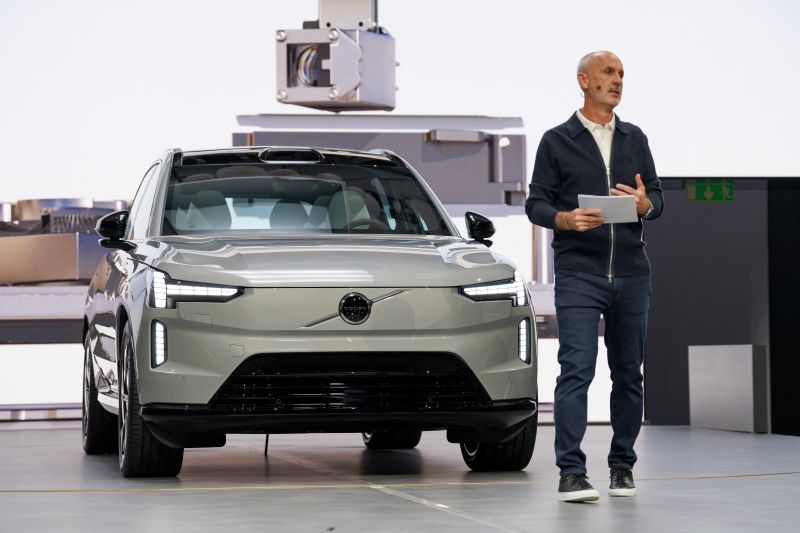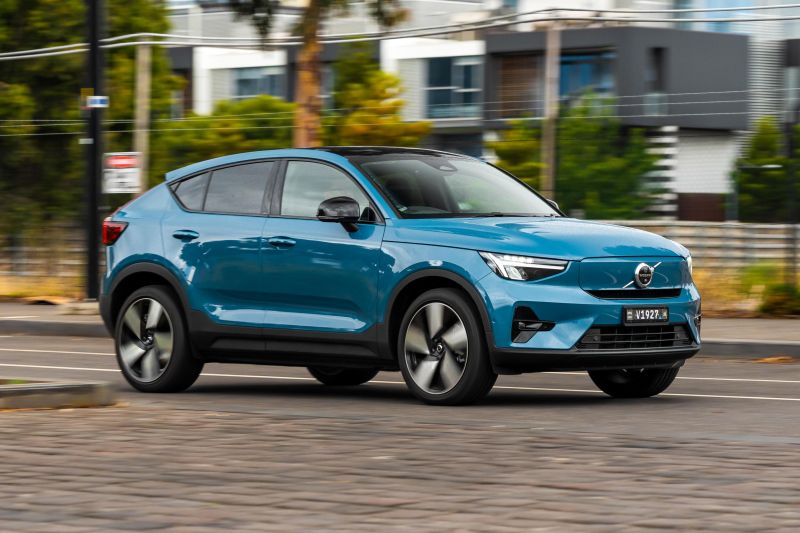Volvo Cars will let go of six per cent of its workforce in Sweden as the company continues to cut costs.
All of the people being made redundant are white-collar workers. It’s unclear at this stage which departments are most heavily impacted, and whether there are reductions in the company’s R&D or engineering headcount.
So far 1100 redundancy notices have been issued to Volvo’s workforce.
In a statement, Volvo CEO Jim Rowan noted that the “cost actions we initiated last year have started to bear results in some key areas, such as material costs”.
He justified this latest round of job cuts by stating, “economic headwinds, increased raw material prices and increased competition are likely to remain a challenge to our industry for some time”.
Volvo also said it will “reduce costs and drive efficiencies across [our] global operations over the coming months”, signalling further job cuts are on the horizon, with the company’s non-Swedish operations set to be put under the microscope.
The automaker will tighten its financial belt by reducing the amount it spends on consultants and “bought services”.
It was, however, keen to point out that “production line jobs … will not be affected at this stage”. The company currently operates six factories around the world: Gothenburg in Sweden, Ghent in Belgium, South Carolina, and three in China (Chengdu, Daqing and Taizhou).
It’s unclear how much money the automaker will save by axing these jobs in Sweden. When questioned on the matter by Reuters, Rowan replied, “We’re still working the details through on that”.
The redundancies at Volvo come despite rising sales. So far this year (January to April), Volvo’s global sales are up 10 per cent to 214,914 vehicles.
Pure EVs were up 137 per cent to 38,899, and accounted for 18.1 per cent of all sales. Plug-in hybrid variants were down roughly five per cent to 49,132, or 22.9 per cent of the total.
Overall, Recharge models (PHEVs and EVs) made up 40.9 per cent of all Volvos sold.
Europe remained (93,475, up 10 per cent) the automaker’s largest region and accounted for over half of all EVs (26,475) and PHEVs (31,576) sold by the company.
China (49,000, up 11 per cent), and the US (36,094, up 10 per cent) were Volvo’s largest single markets.
Although sales are strong, the automaker’s margins was down in the first quarter of 2023, with its EBIT (earnings before interest and taxes) margin down to 5.3 per cent from 8.1 per cent during the same time last year.





